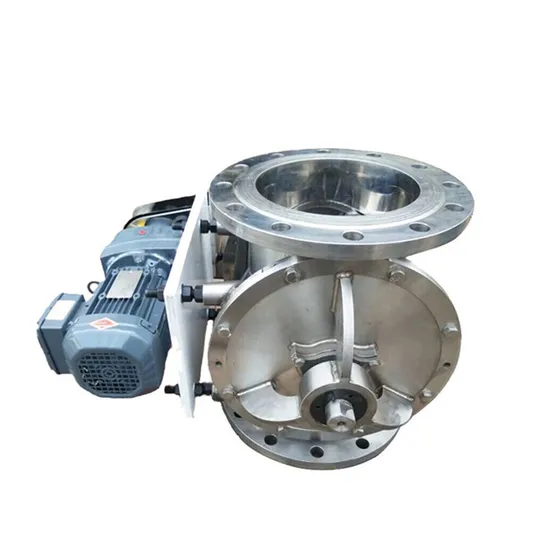
Setting up HR services for a small business is a critical step in ensuring the smooth operation and growth of the company. Effective human resources (HR) management is essential for attracting, developing, and retaining top talent, fostering a positive work environment, and ensuring compliance with labor laws. Here are the key steps to establish hr services small business.
1. Define HR Roles and Responsibilities
The first step in setting up hr consulting services for small business is to define the roles and responsibilities of the HR function. This includes tasks such as recruitment, onboarding, training and development, performance management, employee relations, and compliance with employment laws. For small businesses, it may be feasible to assign these responsibilities to a single HR generalist or to distribute them among existing staff members.
2. Develop HR Policies and Procedures
Creating comprehensive HR policies and procedures is crucial for standardizing processes and ensuring consistency. These policies should cover areas such as hiring practices, workplace conduct, compensation, and benefits, leave and time-off policies, and disciplinary procedures. Having clear, written policies helps to prevent misunderstandings and provides a reference point for managers and employees.
3. Implement Recruitment and Hiring Processes
An effective recruitment and hiring process is essential for attracting and selecting the right candidates. Start by creating detailed job descriptions that outline the responsibilities, qualifications, and expectations for each role. Use a combination of online job boards, social media, and networking to reach a diverse pool of candidates. Implement a structured interview process to evaluate candidates consistently and make informed hiring decisions.

4. Establish an Onboarding Program
A well-designed onboarding program helps new hires acclimate to the company culture and become productive quickly. The onboarding process should include orientation sessions, introductions to team members, and training on company policies and procedures. Providing new employees with the resources and support they need during their initial days helps to enhance their experience and reduce turnover.
5. Create Performance Management Systems
Performance management systems are essential for setting employee goals, providing feedback, and evaluating performance. Implement regular performance reviews to assess employee progress, identify areas for improvement, and recognize achievements. Providing ongoing feedback and professional development opportunities helps to motivate employees and align their goals with the company’s objectives.
6. Ensure Compliance with Employment Laws
Compliance with employment laws and regulations is critical to avoid legal issues and penalties. Stay informed about federal, state, and local labor laws, and ensure that HR policies and practices comply with these regulations. This includes maintaining accurate employee records, adhering to wage and hour laws, and providing required employee benefits.






